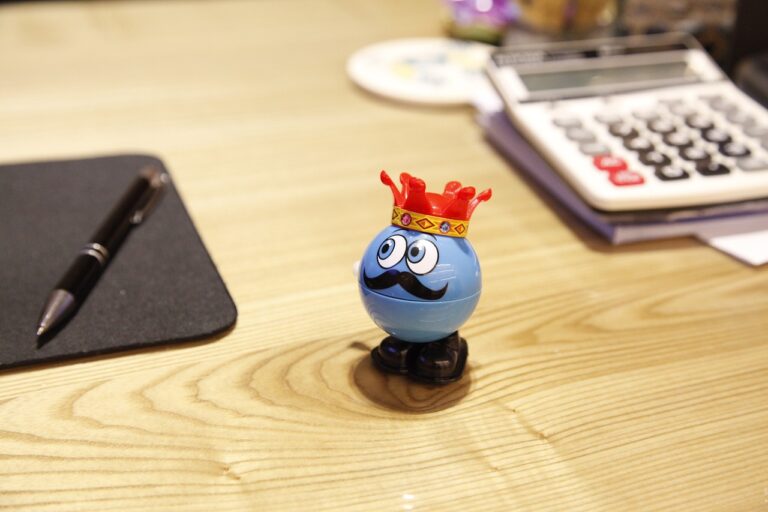The Importance of Fashion in Cultural Diplomacy: Allpanel mahadev, Lotus 365.fun login, All panel login
allpanel mahadev, lotus 365.fun login, all panel login: Fashion has always been more than just clothing. It is a powerful tool that can be used for various purposes, including cultural diplomacy. Cultural diplomacy involves using elements of a country’s culture to foster positive relationships with other nations. In this context, fashion plays a crucial role in representing a country’s unique identity and values on the global stage.
Fashion is a universal language that transcends borders and communicates on a non-verbal level. It is a tangible expression of a culture’s history, traditions, and values, making it an ideal medium for cultural exchange. When a country showcases its fashion on an international platform, it not only promotes its creative talents but also creates a sense of pride and unity among its citizens.
One of the key aspects of cultural diplomacy is building mutual understanding and respect between nations. Fashion can help bridge cultural gaps by providing a visual representation of a country’s cultural heritage. When people from different countries come together to appreciate and engage with each other’s fashion, they are also building connections based on shared interests and values.
Fashion diplomacy also has the potential to drive economic growth and sustainability. By promoting local designers and artisans on the global stage, countries can boost their creative industries and generate income for their communities. Additionally, a focus on sustainable and ethical fashion practices can help raise awareness about environmental issues and promote responsible consumption.
In recent years, fashion diplomacy has gained traction as a strategic tool for governments and organizations to promote their soft power. Soft power refers to a country’s ability to influence others through its culture, values, and policies rather than through military or economic means. By leveraging fashion as a form of soft power, countries can shape their international image, attract tourists and investment, and strengthen diplomatic ties.
Fashion diplomacy is not limited to high-profile events such as fashion weeks or cultural exhibitions. It can also manifest in everyday interactions between individuals from different cultures. When people wear clothing that reflects their cultural heritage or adopts elements from other cultures, they are engaging in a form of cultural exchange that promotes mutual respect and understanding.
In conclusion, the importance of fashion in cultural diplomacy cannot be overstated. Fashion has the power to transcend linguistic and cultural barriers, foster connections between nations, drive economic growth, and promote global awareness of pressing issues. By using fashion as a tool for cultural diplomacy, countries can showcase their creativity and heritage to the world, build stronger relationships with other nations, and contribute to a more inclusive and interconnected global community.
—
Headings:
1. The Role of Fashion in Cultural Diplomacy
2. Fashion as a Universal Language
3. Bridging Cultural Gaps through Fashion
4. Economic Impact of Fashion Diplomacy
5. Fashion as Soft Power
6. Everyday Expressions of Fashion Diplomacy
—
FAQs:
Q: How can individuals engage in fashion diplomacy?
A: Individuals can engage in fashion diplomacy by wearing clothing that reflects their cultural heritage or adopts elements from other cultures. They can also support local designers, artisans, and sustainable fashion practices.
Q: What are some examples of successful fashion diplomacy initiatives?
A: Examples of successful fashion diplomacy initiatives include cultural exchange programs, fashion collaborations between countries, and the promotion of traditional attire on international platforms.
Q: How does fashion diplomacy contribute to global awareness?
A: Fashion diplomacy contributes to global awareness by showcasing the diversity of cultures, raising awareness about social and environmental issues, and promoting dialogue and understanding between different nations.





